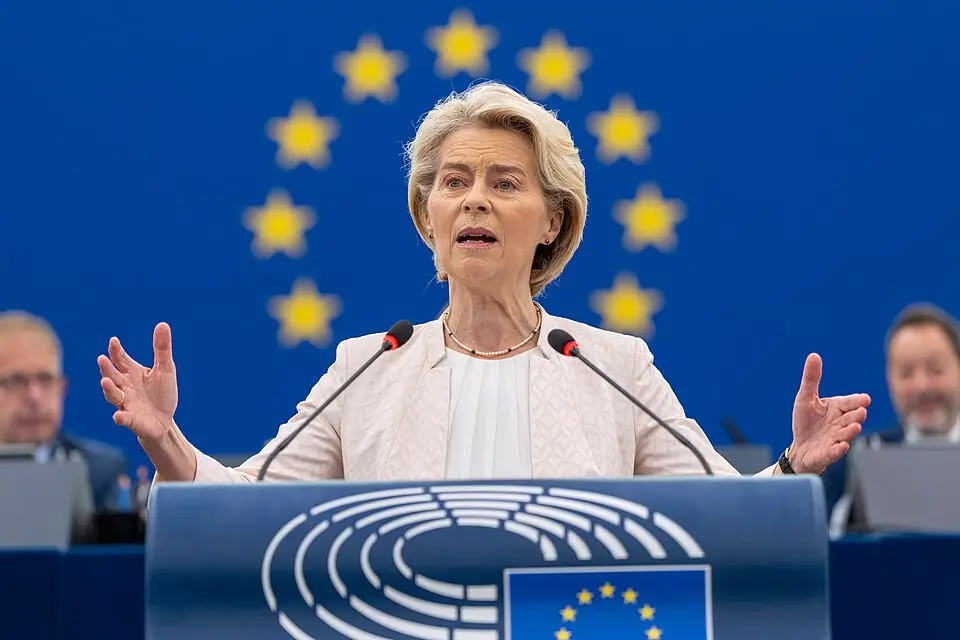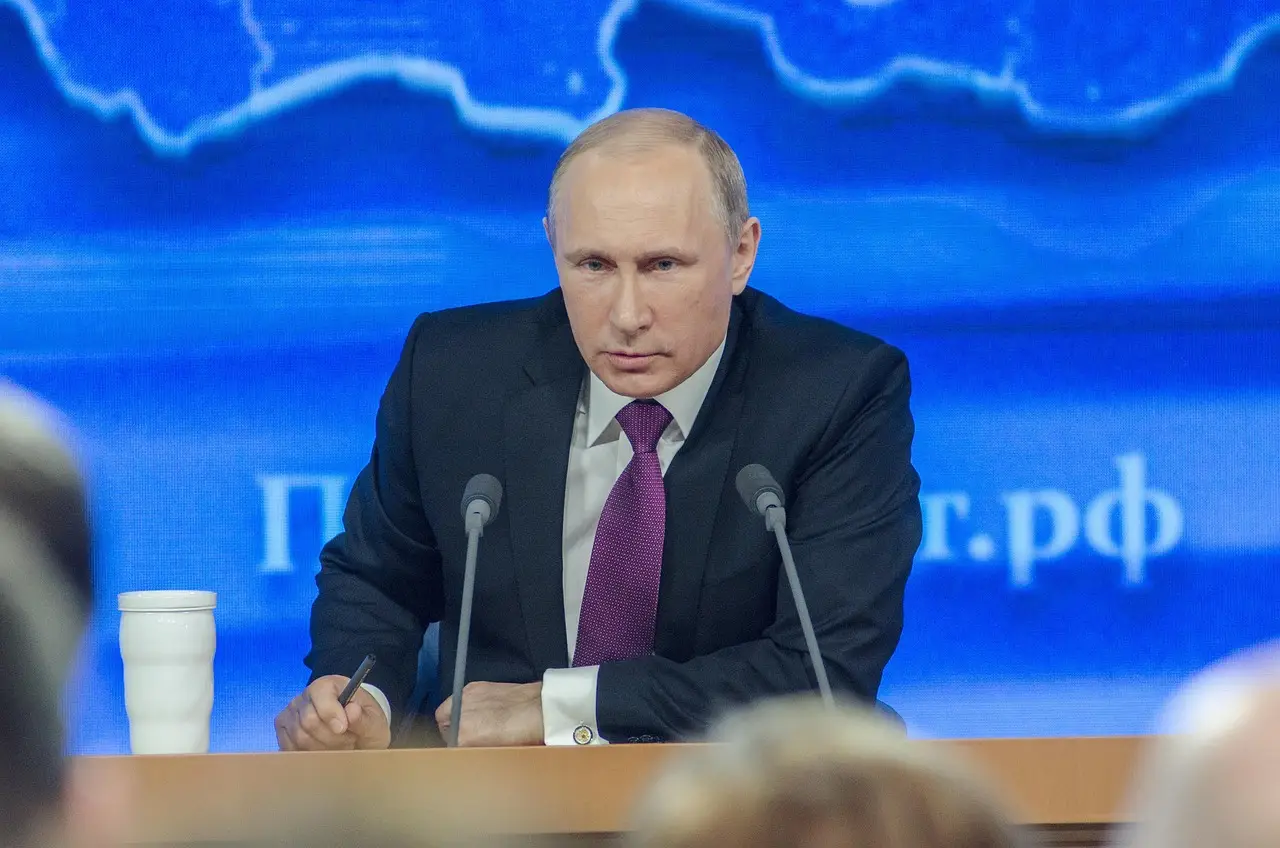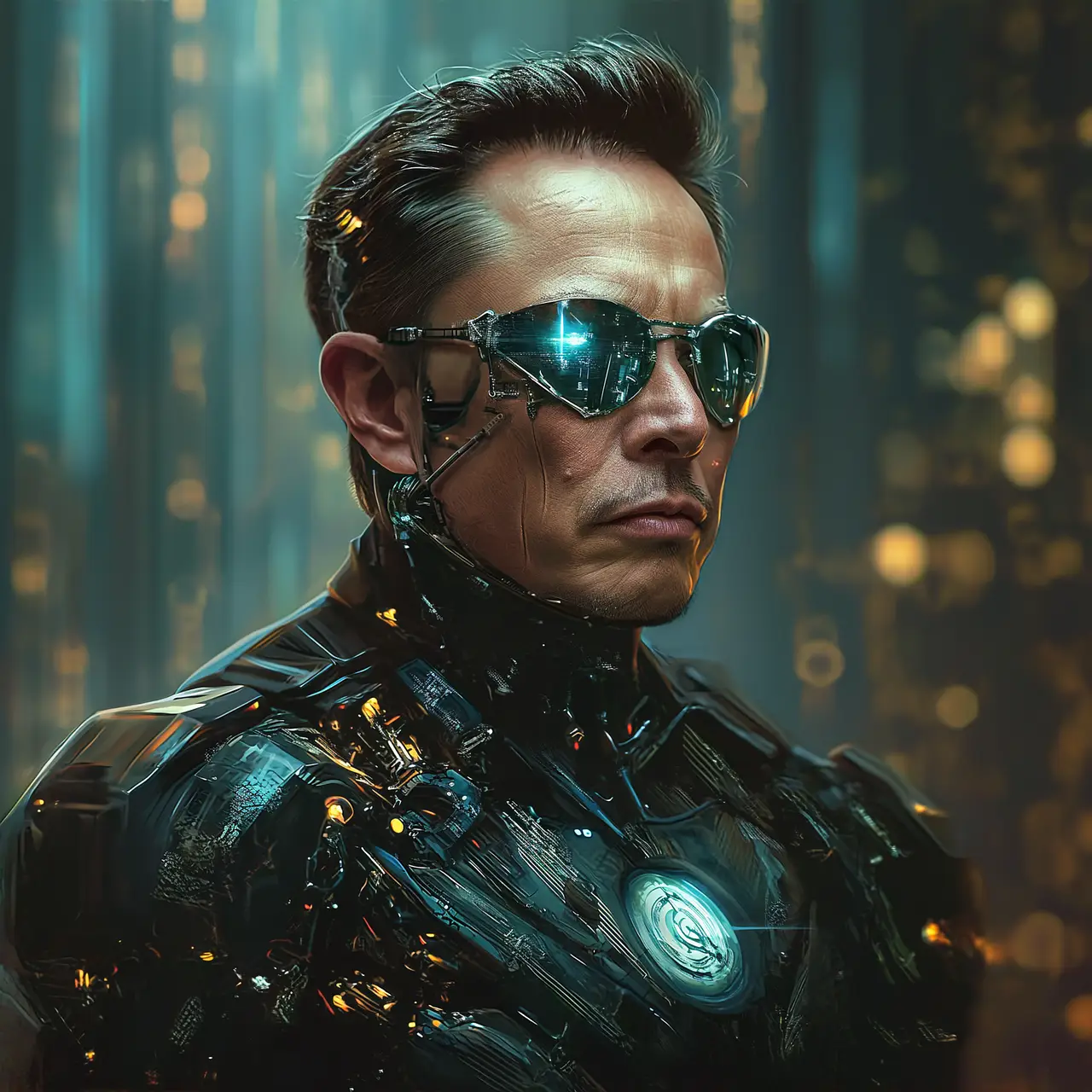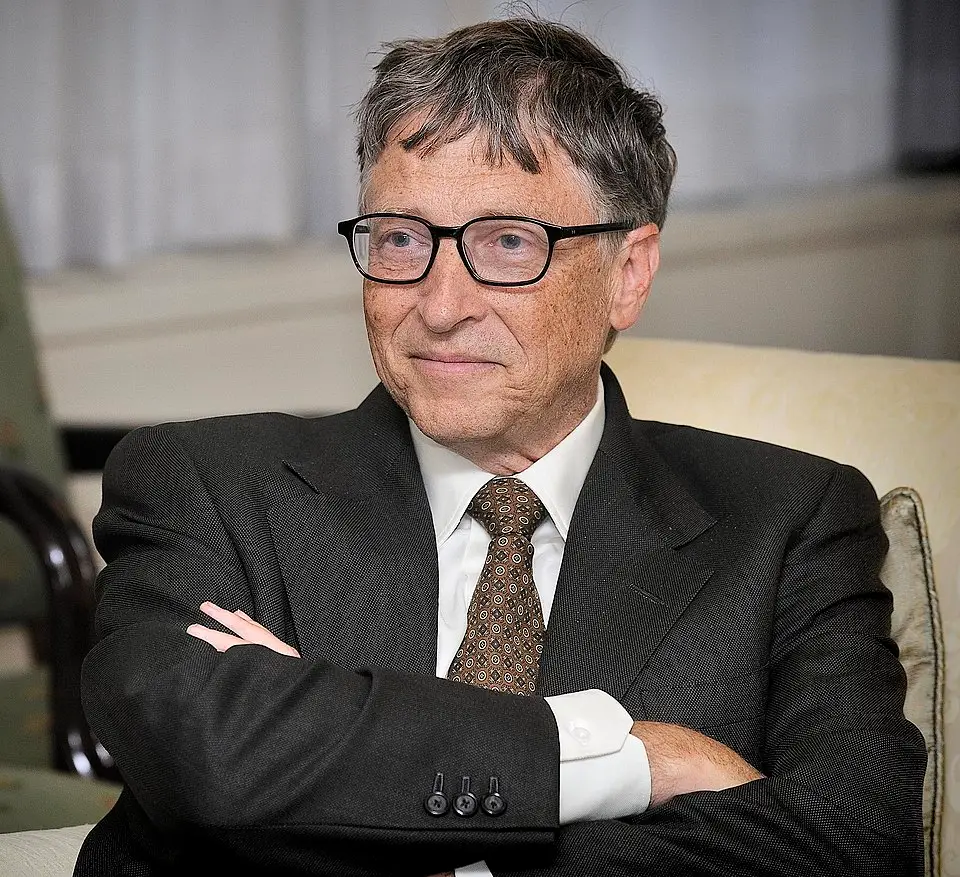Introduction
Ursula von der Leyen is one of the most influential figures in modern European politics. As the first woman to serve as President of the European Commission (2019–present), she has played a pivotal role in shaping the European Union’s policies on climate change, digital transformation, public health, and global security. A physician by training and a seasoned politician, von der Leyen’s career has broken barriers and set new standards for leadership in Europe.
Early Life and Education
Born on October 8, 1958, in Brussels, Belgium, Ursula Gertrud von der Leyen grew up in a politically engaged family. Her father, Ernst Albrecht, was a prominent German politician and former minister-president of Lower Saxony. She studied medicine at universities in Germany and the UK, specializing in public health, and worked as a physician before entering politics.
Political Career in Germany
Von der Leyen’s political journey began in 2003 when she joined the Christian Democratic Union (CDU). She quickly rose through the ranks, holding several key positions in the German government:
- Minister for Family Affairs, Senior Citizens, Women, and Youth (2005–2009) – Introduced policies supporting working mothers, including expanded parental leave.
- Minister of Labour and Social Affairs (2009–2013) – Focused on labor market reforms and pension policies.
- Germany’s first female Minister of Defence (2013–2019) – Modernized the Bundeswehr (German armed forces) and advocated for stronger European defense cooperation.
Her tenure as defense minister was controversial due to procurement issues, but she remained a resilient and strategic leader.
Leadership in the European Union
In 2019, von der Leyen was nominated as the European Commission President, becoming the first woman to hold the position. Her leadership has been defined by major initiatives:
1. European Green Deal
Aiming to make the EU climate-neutral by 2050, this ambitious plan includes policies on renewable energy, carbon emissions reduction, and sustainable agriculture.
2. COVID-19 Response & Vaccine Strategy
She spearheaded the EU’s joint vaccine procurement, ensuring equitable distribution across member states.
3. Digital Europe Program
Promoting digital sovereignty, cybersecurity, and AI regulation to keep the EU competitive in the tech-driven global economy.
4. Support for Ukraine
A strong advocate for Ukraine’s defense against Russia, she pushed for EU sanctions, financial aid, and Ukraine’s EU candidacy.
Controversies and Challenges
Von der Leyen’s leadership has faced criticism, including:
- Lack of transparency in COVID-19 vaccine contracts
- Migration policy disputes within the EU
- Concerns over corporate influence in policymaking
Despite these challenges, she remains a central figure in EU politics, known for her pragmatism and determination.
Personal Life and Legacy
A mother of seven children, von der Leyen balances family life with high-profile leadership—a rarity in top-tier politics. Fluent in German, English, and French, she bridges cultural divides in EU diplomacy.
Her legacy includes:
✔ Strengthening EU unity in crises
✔ Advancing gender equality in leadership
✔ Positioning Europe as a global leader in climate action
Conclusion
Ursula von der Leyen is a transformative leader whose impact extends beyond Germany to the entire European Union. As she seeks a second term in 2024, her vision for a stronger, greener, and more digital Europe will continue to shape the continent’s future. Whether navigating pandemics, wars, or climate crises, she remains a steadfast force in global politics.




One thought on “Ursula von der Leyen: A Trailblazer in European Politics”